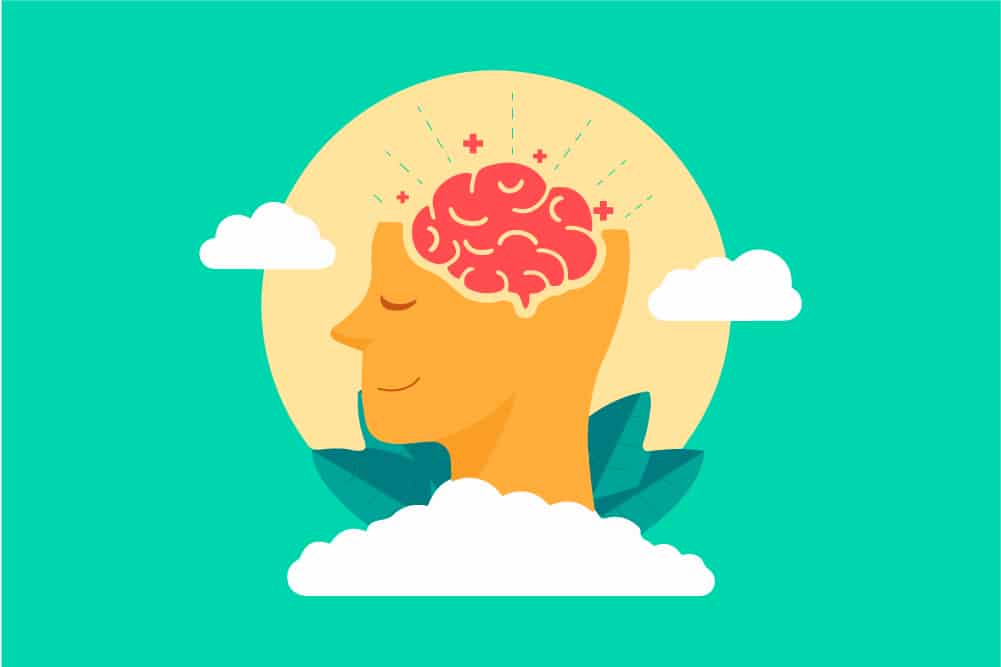In a world where health information is abundant but often overwhelming, finding reliable answers to your health questions is crucial. Holistic well-being is a comprehensive approach that takes into account not only physical health but also mental, emotional, and social aspects. In this guide, we aim to address common health questions and provide insights into achieving a state of holistic well-being.
1. What is Holistic Well-being? Holistic well-being goes beyond the absence of illness; it encompasses a balanced and harmonious integration of physical, mental, emotional, and social health. This approach recognizes the interconnectedness of various aspects of our lives and emphasizes the importance of nurturing each dimension for overall wellness.
2. How Can I Maintain a Healthy Lifestyle? A healthy lifestyle involves a combination of regular physical activity, balanced nutrition, sufficient sleep, and stress management. Incorporating these elements into your daily routine contributes to better physical health, enhanced cognitive function, and emotional resilience.
3. The Mind-Body Connection: Exploring Mental Health Understanding the intricate connection between the mind and body is essential for holistic well-being. Practices such as mindfulness, meditation, and yoga can foster mental clarity, reduce stress, and promote emotional balance. Mental health is a cornerstone of overall well-being.
4. Nutrition and Holistic Health A well-rounded diet is crucial for holistic well-being. Focus on consuming a variety of nutrient-dense foods, including fruits, vegetables, whole grains, and lean proteins. Additionally, staying hydrated and avoiding excessive consumption of processed foods contribute to overall health and vitality.
5. Building Strong Social Connections Social well-being is often underestimated but plays a vital role in holistic health. Cultivating meaningful relationships, fostering a supportive social network, and engaging in positive social interactions contribute to emotional resilience and a sense of belonging.
6. Holistic Approaches to Stress Management Chronic stress can have detrimental effects on both physical and mental health. Holistic approaches to stress management, such as deep breathing exercises, progressive muscle relaxation, and hobbies that promote relaxation, can help maintain a balanced and stress-resistant lifestyle.
7. The Importance of Regular Health Check-ups Preventive healthcare is a key component of holistic well-being. Regular health check-ups and screenings can detect potential issues early, allowing for prompt intervention and better health outcomes. Proactive healthcare measures empower individuals to take control of their well-being.
8. Balancing Work and Personal Life Achieving a work-life balance is essential for holistic well-being. Setting boundaries, prioritizing self-care, and maintaining a healthy balance between professional and personal responsibilities contribute to overall life satisfaction and fulfillment.
In conclusion, achieving holistic well-being requires a comprehensive approach that addresses physical, mental, emotional, and social aspects of health. By adopting a balanced lifestyle, fostering positive relationships, and prioritizing self-care, individuals can embark on a journey towards lasting well-being. Remember, each person’s path to holistic health is unique, so it’s essential to tailor these principles to your individual needs and circumstances.


